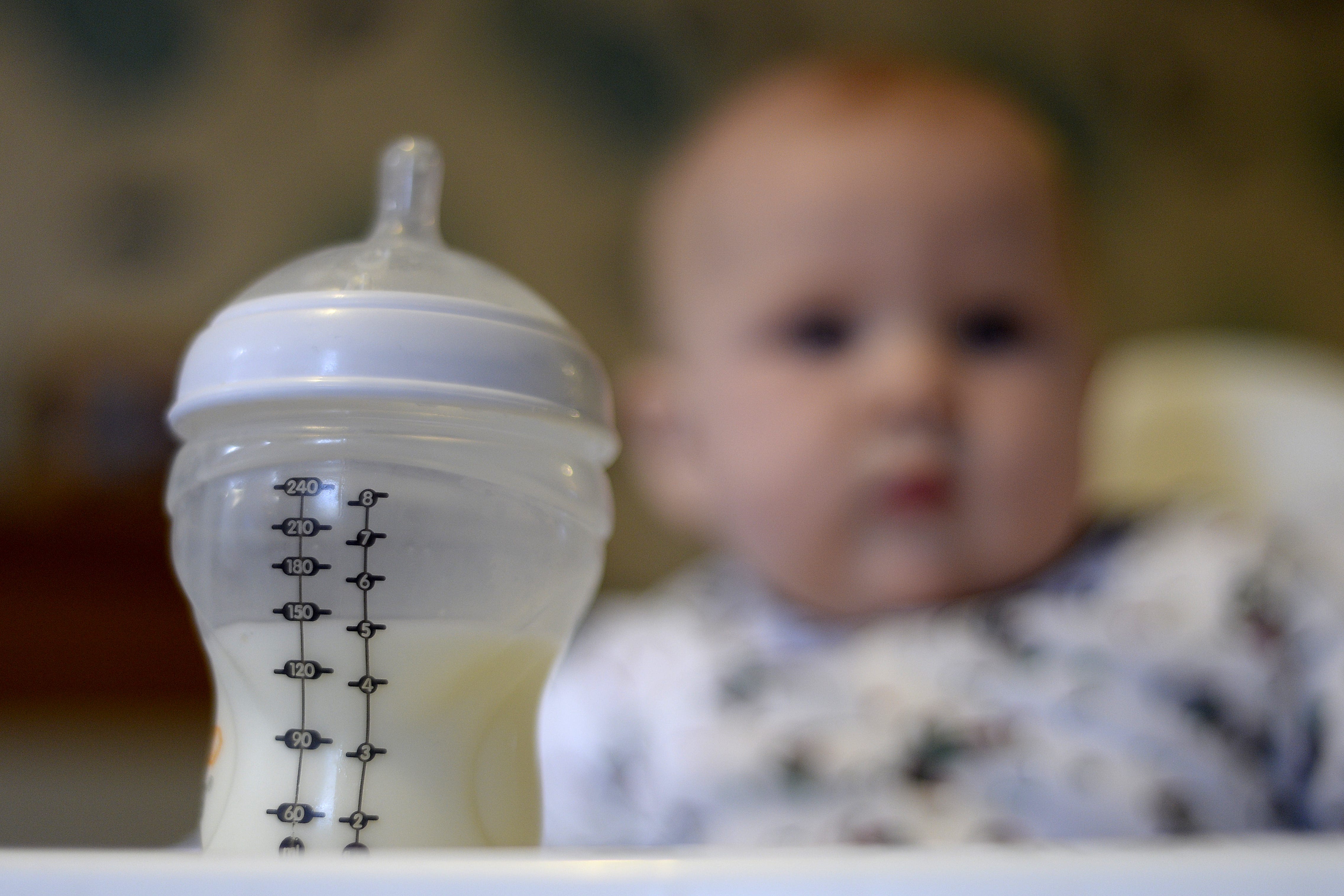Your support helps us to tell the story
From reproductive rights to climate change to Big Tech, The Independent is on the ground when the story is developing. Whether it’s investigating the financials of Elon Musk’s pro-Trump PAC or producing our latest documentary, ‘The A Word’, which shines a light on the American women fighting for reproductive rights, we know how important it is to parse out the facts from the messaging.
At such a critical moment in US history, we need reporters on the ground. Your donation allows us to keep sending journalists to speak to both sides of the story.
The Independent is trusted by Americans across the entire political spectrum. And unlike many other quality news outlets, we choose not to lock Americans out of our reporting and analysis with paywalls. We believe quality journalism should be available to everyone, paid for by those who can afford it.
Your support makes all the difference.
Regulators have called for a shake up in the baby formula industry that could lead to parents saving hundreds of pounds every year.
The Competition and Markets Authority (CMA) said branding and high prices in the sector leads to “poor outcomes” for parents.
It follows research that revealed many formula brands cost more than the weekly value of some families’ benefits.
The CMA highlighted the distressing reality that this financial strain forces some parents to sacrifice their own food budgets to ensure their babies are fed.
Officials said the NHS could have its own non-brand baby formula, in a bid to help drive prices down.
It also said existing products should be provided in non-branded containers in hospitals to reduce brand influence while parents are in a “vulnerable” setting.

The CMA said packaging should clearly display nutritional information, while any claims that cannot easily be checked by parents should be banned.
It said this would make it easier for parents to pick between brands.
Regulators have previously pointed to prices surging by 25 per cent over the past two years, while consumers have borne the brunt of rising factory costs.
The industry is dominated by just three companies – Danone, Kendal and Nestle, which make up about 90 per cent of the market.
However, the CMA stopped short of recommending a price cap, which it had said it was looking into last year.
Sarah Cardell, chief executive of the CMA, said many parents “pick a brand at a vulnerable moment, based on incomplete information, often believing that higher prices must mean better quality”.
“This is despite NHS advice stating that all brands will meet your baby’s nutritional needs, regardless of brand or price.”
Sophie Livingstone, chief executive of Little Village, a baby bank service, said nearly one in 10 of the families her charity supports are “resorting to watering down formula to make each box last longer”.
“The cost of baby formula is simply too high and piling on the pressure when families are already juggling high housing, energy and food costs.
“We want two things to happen – that the cost of formula comes down and that the Government provides clear guidance that allows baby banks to safely supply formula to the families most in need.”







